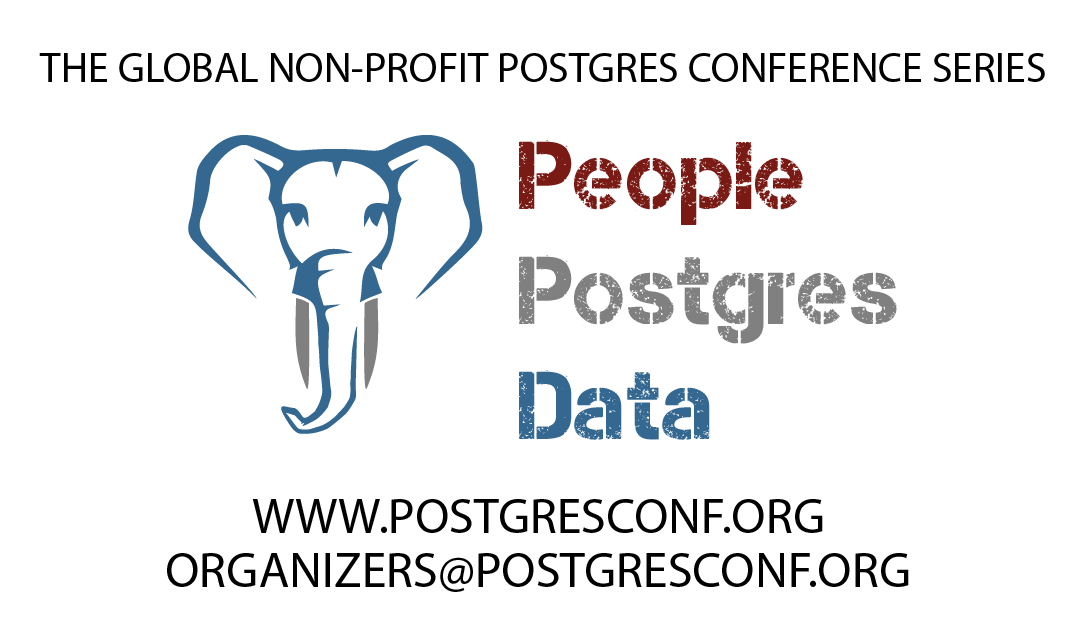Introduction:
In today's fast-paced digital landscape, data is at the heart of every organization's success. The PostgreSQL database system is a robust and popular choice for managing critical data, but ensuring database availability, scalability, and resilience is crucial. One strategy that can significantly mitigate risks associated with database availability is adopting a multi-region architecture. SaaS applications in particular are often implemented as single-region applications, and can benefit greatly from a multi-region approach. In this blog post, we'll delve deep into the risks of not having a multi-region strategy for your PostgreSQL database system and explore why it's a game-changer in today's data-centric world.



